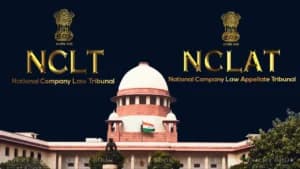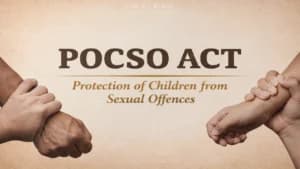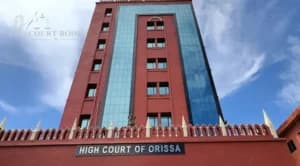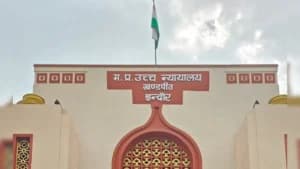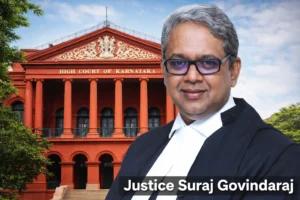The Indian Supreme Court has issued notice on a petition filed by award-winning director and screenwriter Sujoy Ghosh seeking quashing of a criminal case against him alleging copyright infringement over his film “Kahaani 2: Durga Rani Singh”.
A bench of Justices PS Narasimha and R Mahadevan on July 2 allowed the petition to proceed and exempted Ghosh from appearing in person before a magistrate during the ongoing proceedings.
The case stems from a complaint filed by Umesh Prasad Mehta before the Chief Judicial Magistrate of Hazaribagh. He alleged that the script of “Kahaani 2” was based on his original script “Sabak”. According to him, he had submitted his script to Ghosh in June 2015 to help him get it registered with the producers’ organisation. Mehta claimed that his script was later used without permission in the film that released in December 2016.
Read also: Why did the Supreme Court Grant Anticipatory Bail to Tamil Nadu MLA Jegan Murthy in Minor Kidnapping
However, Sujoy Ghosh vehemently denied the allegations, saying he had started working on the script of “Kahaani 2” in November 2012 and officially registered the final draft with the Screen Writers Association in December 2013 – much before Mehta’s alleged submission.
“I have never met the complainant nor received any script from him,” Ghosh said.
Earlier, the Jharkhand High Court had dismissed Ghosh's plea under Section 482 of the CrPC, refusing to quash the case. The High Court said such issues relating to originality can only be decided during a full hearing.
In the special leave petition in the Supreme Court, Ghosh challenged the magistrate's decision to issue the summons order and termed it mechanical and baseless. He pointed out that the magistrate acted without conducting a preliminary comparison of the two scripts or verifying whether there was any infringement.
"The impugned order sets a dangerous precedent where criminal proceedings can be initiated against an honest filmmaker on the basis of selfish allegations," the petition said.
Ghosh also argued that since "Kahaani 2" was registered two years before Mehta's "Saabak", the claim of plagiarism does not hold legal ground.
Read also: BCI Issues Stern Warning Against Online, Distance and Executive LLM Courses Without Approval
Another major issue raised in the petition was territorial jurisdiction. Ghosh argued that since the alleged offence took place in Mumbai, the complaint filed in Hazaribagh was not legally sustainable.
"The complaint is frivolous and contains patently absurd and inherently impossible allegations," his counsel said.
Senior advocate Siddharth Dave appeared for Sujoy Ghosh, assisted by advocate-on-record Anu Shrivastava.
The Supreme Court notice marks a significant development in a case that highlights the delicate balance between protection of intellectual property and preventing harassment through baseless criminal litigation in the creative industry.
Case : Sujoy Ghosh v. State of Jharkhand | SLP(Crl) No. 9452/2025


